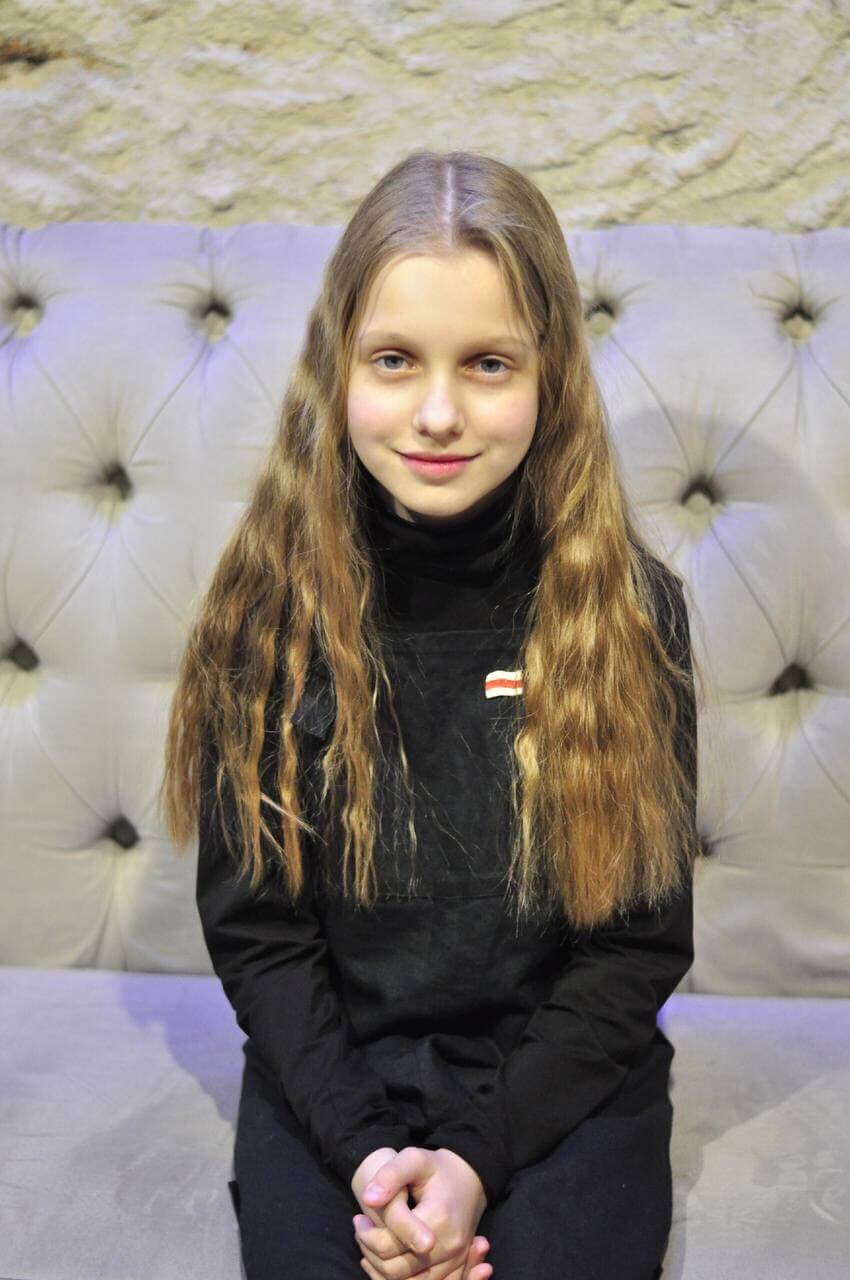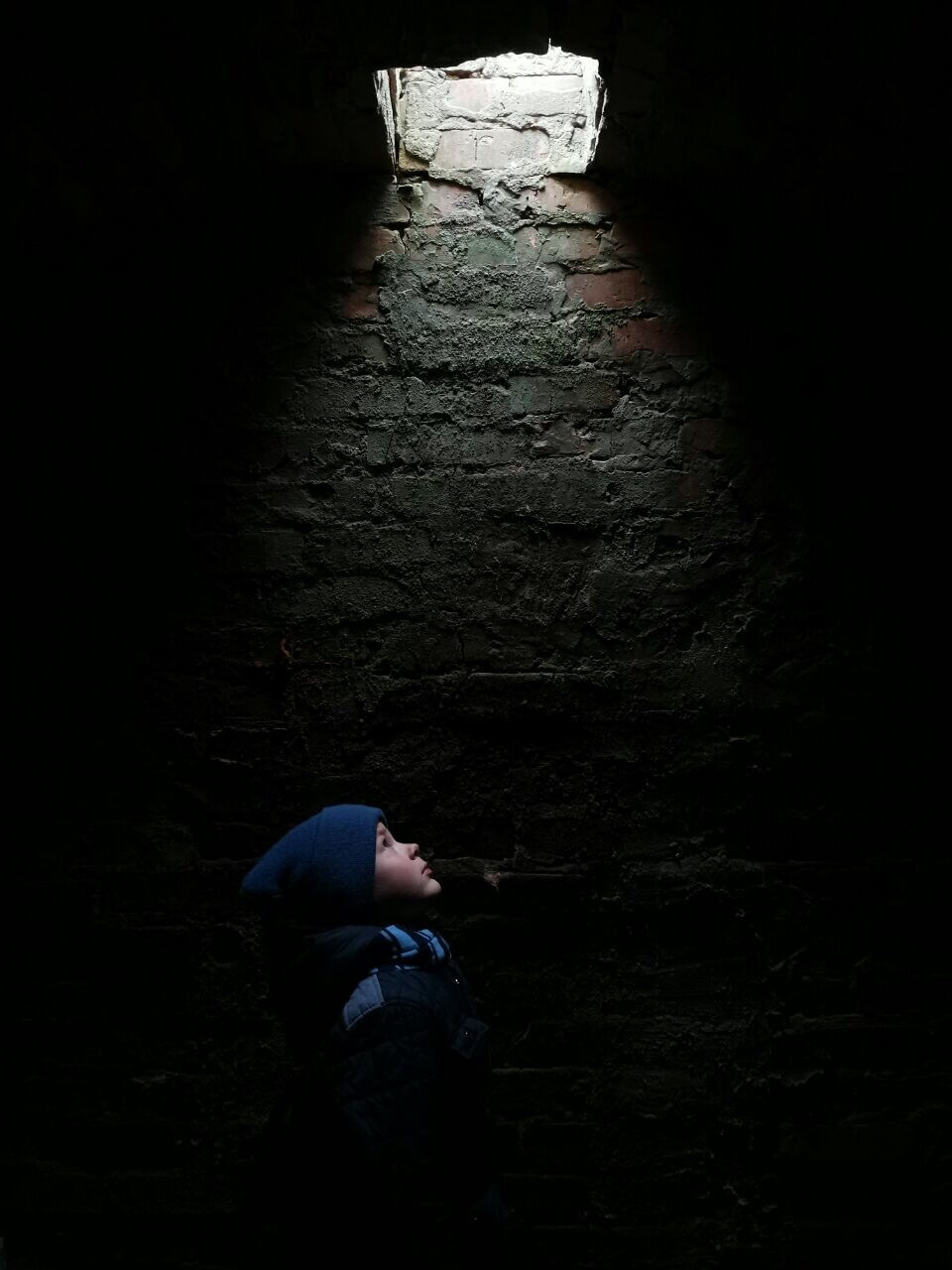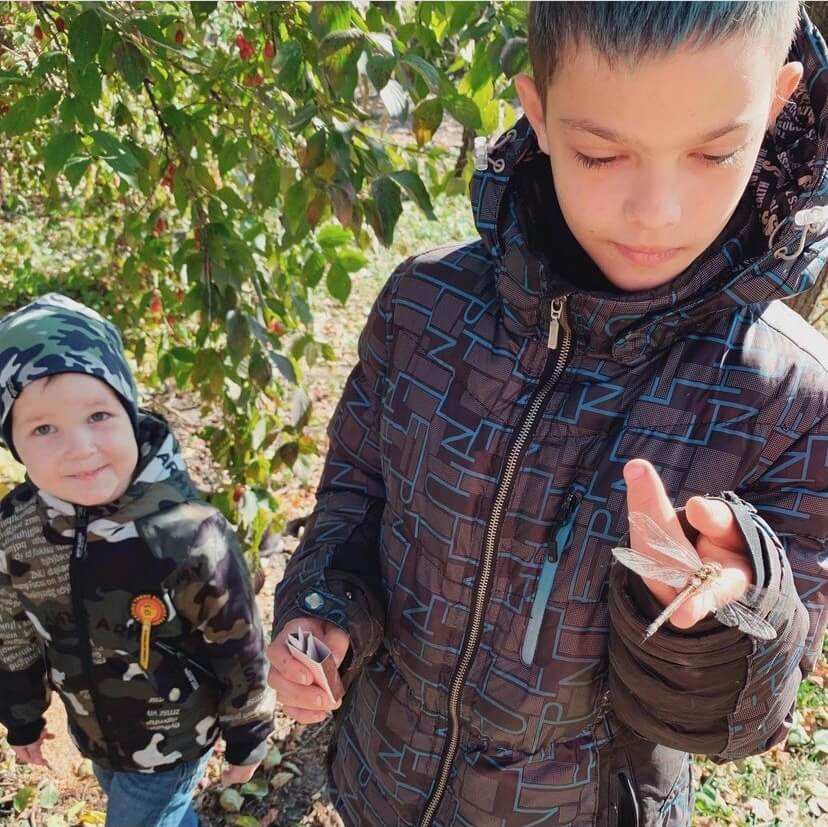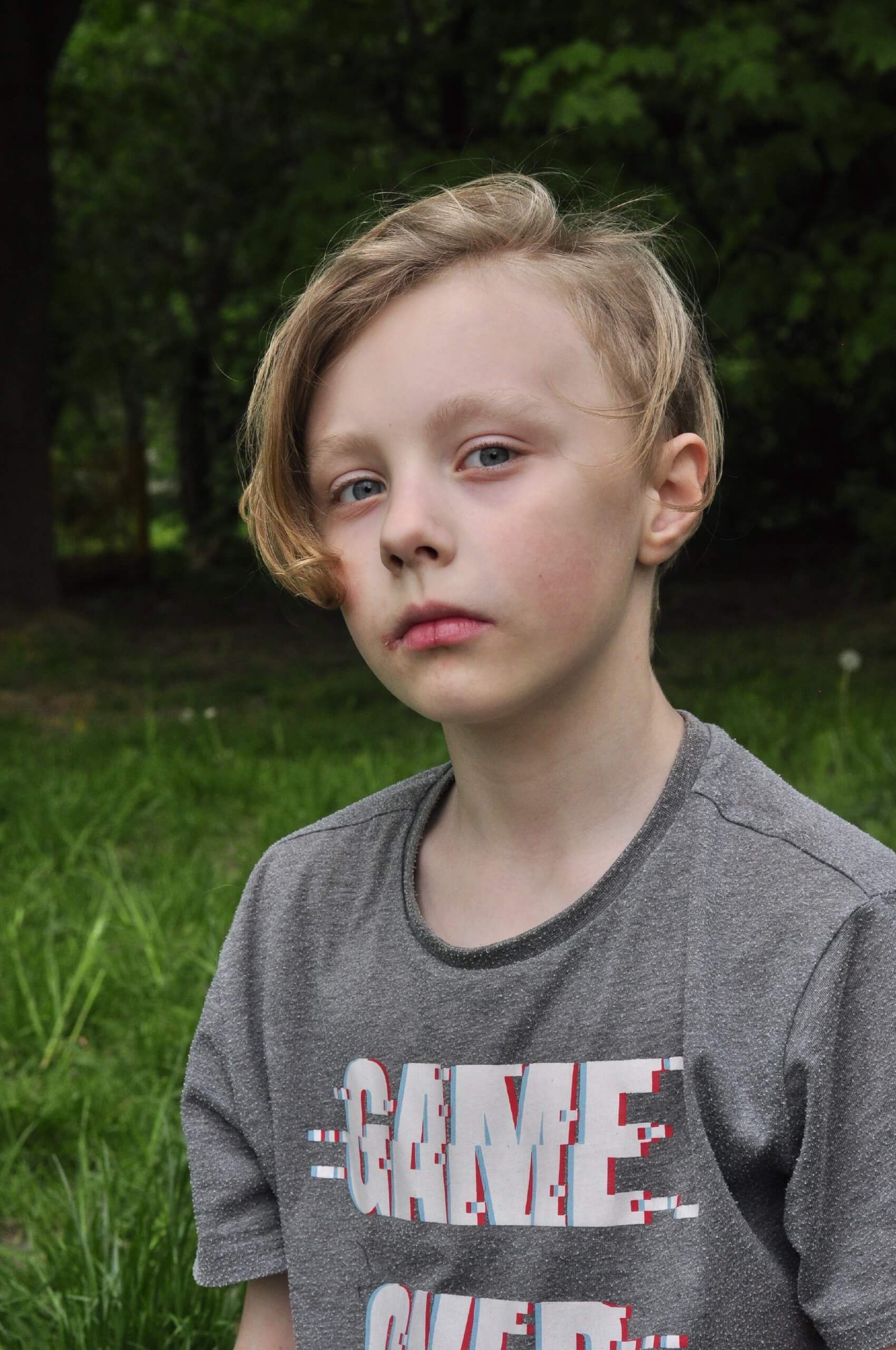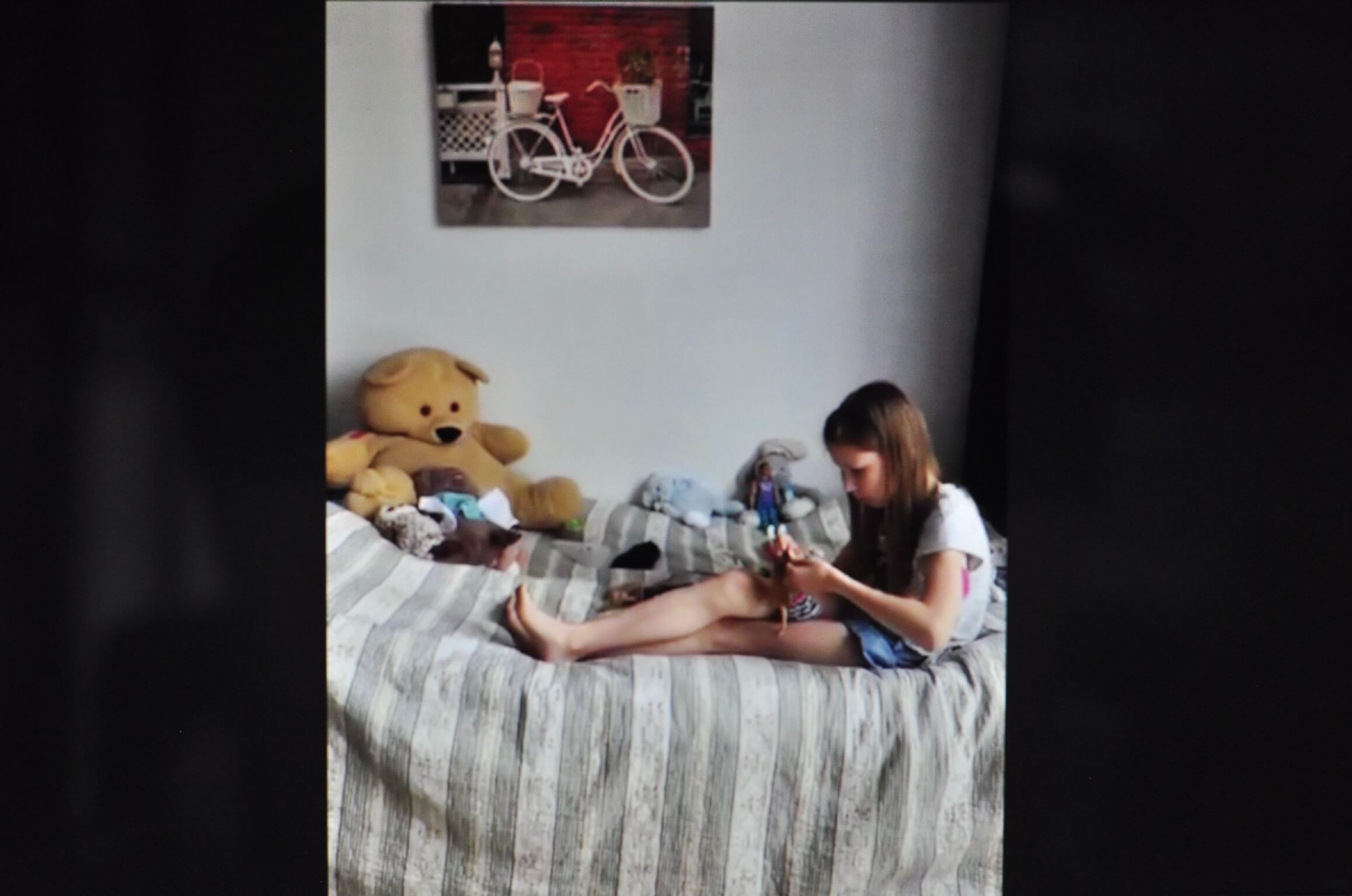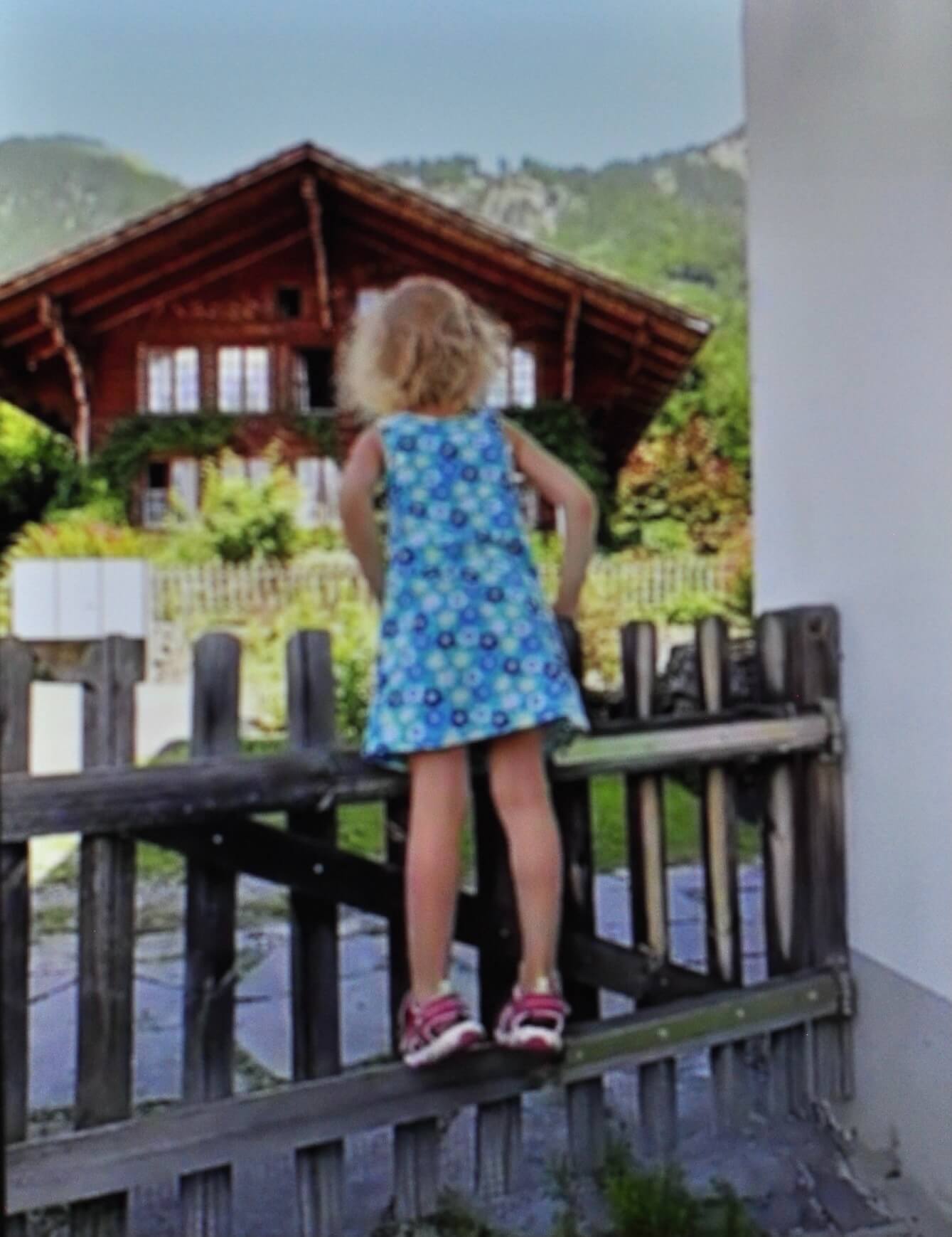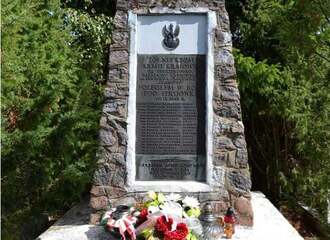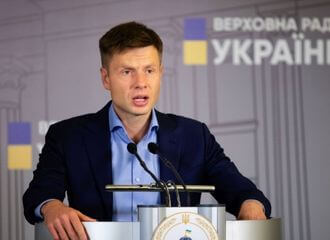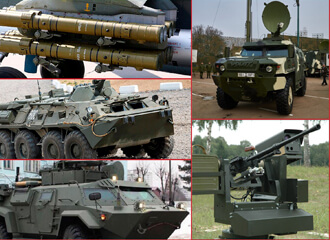На русском языке:
Сначала бежали от репрессий, а потом от войны: истории беларусских детей-беженцев
Aksana Dabriyanets, a journalist from the Belarusian town of Stolin, created a project «Childhood in emigration» about Belarusian refugee children, where she tells stories of young Belarusians about how they first escaped from the Lukashenka regime and then from the war in Ukraine.
«I make children visible in all events in 2020 and after 2020. Children constitute a very vulnerable group. While adults consciously, assessing the consequences, express their civil position, children do not have that choice. This project is about how children experience emigration, how they adapt to new circumstances, how they miss home or accept that their home is where their family is now, about how they try by all means to save their childhood,» Aksana Dabriyanets writes.
You can follow the project on Instagram and in Telegram.
We publish several stories of little Belarusians, who had to endure more than most adults.
Stefaniya, 11 years old
Stefaniya together with her mother, stepfather, and younger brother had to relocate from Minsk to Kyiv in August 2021, when her mother was threatened with criminal prosecution for supporting the protests in August 2020. They were packing in a hurry and taking only the most necessary items.
The family was going somewhere in the middle of nowhere and didn’t know whether Stefaniya would be able to continue her music classes – she had been in music school for four years and played the violin. Stefaniya carried her instrument all the way by herself and even slept with it. First the family went to Vilnius, where they spent 2 months. There she and her brother went to a Russian-language school, made friends, and even started learning Lithuanian, although, according to the girl, it was difficult.
When mother was offered a job as a TV host on Belsat TV channel in Kyiv, the family decided to move there. The new relocation was not easy for Stefaniya, she was sad to leave her friends, classmates and teachers. The girl speaks Belarusian, so at first she spoke her native language with classmates at her new school in Kyiv, and later she learned Ukrainian. Stefaniya speaks English well, a little bit of Polish, she also was learning German at Kyiv school.
The girl couldn’t resume classes at the music school, she studies with her teacher online. Music means a lot to Stefaniya, she even performed with her mother at concerts, as well as at courtyard protest events in Belarus. She says that she wasn’t scared – she wanted to be on the side of good.
After the war began on February 24, Stefaniya’s family managed to evacuate from Ukraine and is safe now.
Stefaniya wants to go back to Belarus, where her beloved grandmother and cat Frantsik stay. The girl dreams that we will win and return to a place where it’s safe and familiar – home. To the place where her whole world was left, because «to build a new one on nothing at the age of 11 is quite a difficult task.»
Tsimafei and Mira, 5 and 2 years old
Tsimafei and Mira’s father is Ukrainian and worked on a shift schedule in his native country. The family planned to move to Ukraine in the future, since it was impossible to save money and build a house in Belarus. On August 9, 2020, father left for work, and mass protests broke out in Belarus after the fraud election. The children’s mother, like many other Belarusians, couldn’t tolerate the violence and supported the protests: she participated in the protests together with her children and expressed her position in social networks.
The family lived in a small town in Minsk region, so the police knew everyone who spoke out against the regime. A neighbor snitched on the family, after which a police car was constantly driving under the windows of the house, and the family was threatened with being registered as «socially dangerous.» In December 2020, mother decided to move with the children to her husband to Ukraine. As soon as the family left, the police started looking for mother.
The family felt safer in Ukraine, but Tsimafei missed his grandmother, who stayed in Belarus. He said he would open all the borders and fly to her by plane. Tsimafei wanted his grandmother to be able to come to Ukraine, and he and his family – to Belarus.
Six months later, the family bought a house in a village in Volyn region. When the war began, the family didn’t leave, but just in case of emergency a survival bag had already been packed. They could feel the war only when they went to the store – huge lines, panic, people buying up all the food.
Parents explained to Tsimafei what war is, how to recognize uniforms of the Russian and Ukrainian military, what helicopters and bombs look like. But Tsimafei doesn’t see war, he says his mother made it all up, because it’s quiet and peaceful in the village. The family chose a cellar as a bomb shelter. When Tsimafei was there with his mother, he asked her, «Mom, why did you build this little house?»
To distract from anxiety and fear, Mira and Tsimafei’s mother decided to gather all the local children to hold drawing and origami workshops for them. Kids are very happy to spend time together and ask to have such meetings every day.
Mikita and Yahor, 11 and 4 years old
In December 2020, after Mikita and Yahor’s father was sentenced to 13 days of arrest for hanging a white-red-white flag on their house, and the family was threatened with withdrawal of their children for their parents’ civil position, mother and her sons decided to leave Belarus. The family moved to Kyiv, and 1,5 month later father came to join them. Later they bought a house in Kyiv region, Yahor went to kindergarten, and Mikita went to a new class in a village school. Mikita found friends, adapted to the new reality, and began to study well at school.
Two weeks before the war broke out, there was already discussion among parents that they should pack dry ration, flashlights, and survival bags for their children, kindergartens and schools were already practicing evacuation. The war began for the family at 6 in the morning on February 24 with a message from Mikita and Yahor’s grandfather from Belarus. Parents talked to the children, explaining all possible scenarios and the need to be independent at this time. They read stories about the war to the children and told how the military defend people. Mikita understands everything, and Yahor sees everything as just interesting stories.
Schools and kindergartens don’t work, so the children still have vacation, they play in the yard, watch cartoons, and life in the village seems to move into the usual pre-war rhythm. During the war, a dog with nibbled ears came to the family – corgi Nita as Mikita named her. The family decided to keep it, treat it and take care of the new family member.
The family is not planning to leave Ukraine, because there are no explosions in the village where they live, and it’s difficult to leave everything again and go nowhere. Mother is busy repairing the house, father joined the territorial defense of the village, and the sons are very proud of him.
Mikita misses home, dreams of returning to free Belarus and very often discusses what his return will look like. Yahor feels good where his parents and brother are. But both boys really want the war in Ukraine, which scares them so much, to end as soon as possible.
Sasha, 9 years old
Sasha’s dad is the frontman of the rock band RSP, in February 2021 he was arrested right at the concert and sentenced to 15 days of arrest, after which he was forced to flee to Ukraine. At first the boy’s mother decided to stay with her son in Minsk, but after the Ryanair plane was forcibly landed in Minsk to detain Raman Pratasevich, Sasha’s mother realized that it was becoming less and less safe to stay in Belarus, and they left for their father to Ukraine.
Sasha’s father had already prepared an apartment in Irpen for their arrival. The relocation was hard, but Sasha saw it as a trip and a chance to try something new in life. The boy fell in love with Ukraine immediately and was very happy to meet his father. In summer, Sasha went to a theater school camp and found many friends, so the adaptation period was easy for him. In Belarus, among other interests, he studied at a modeling school for 2 years and managed to make a portfolio. The family had no money to pay for different classes in Irpen, so Sasha decided to stop at modeling, and the result was not long in coming: he was selected at one of the castings, and his photos were on the Ocean Plaza billboards. That’s how he earned his own money.
Sasha went to a Ukrainian school as the family understood that he needed to learn the language – no one knew for how long they would be in Ukraine. The boy really liked the new school, especially that the educational system there was «more European.» The family lived in Irpen for about 9 months, and then the war started.
Discussions about the possible outbreak of war began a month earlier, and a plan for emergency evacuation was prepared. In the morning of February 24, parents woke up to explosions – Hostomel was being bombed. Sasha’s mother woke him up and told him that the war had begun. Sasha was anxious, had breakfast in a shocked state. They managed to leave the city only by 7 in the evening, and by morning the roads were already ruined. It was terrifying to ride: the neighboring Hostomel was being bombed, and to the sound of artillery the family was driving out of the city and could feel the car shaking from the explosions. It took them 5 days to get to the Polish border, Sasha even began to think that the car was his new home, but all this time he held on very bravely, cried only once.
The house where the family lived survived, but the windows were broken and the apartment was broken into. The school where Sasha studied was hit by a shell. When they were leaving the town, Sasha’s classmates sent him pictures of them sheltering in the gym and sleeping all together. The boy realized that he could have been sleeping next to them.
His parents are worried whether these events will traumatize Sasha, whether he will lock himself up. Sasha continues to study at his Ukrainian school online from Warsaw. He says that he misses Belarus, especially his friends, but he doesn’t want to go back, neither does he want to return to Irpen, which he loved so much. And he doesn’t even want to think about the road to Poland.
Sasha dreams of living in Japan, eating real sushi and working as an anime artist.
Palina, 10 years old
Palina together with her mother was forced to move from Belarus to Ukraine in July 2021 for a familiar to Belarusians reason – her mother was threatened with political persecution for her civil position. Nobody knew about the relocation, because mother was afraid of being arrested at the airport. That’s why Palina didn’t know that she and her mom had one-way tickets. It was traumatic for the girl that she couldn’t take all of her favorite toys with her – the family left with one suitcase.
In Kyiv, Palina felt safe, but she missed her pets who had stayed in Belarus – a parrot and two squirrels. Adaptation went well, but when the time to go to school approached, Palina started having panic attacks. The girl’s mother thought that these were the consequences of the events in Belarus, but the cause turned out to be diabetes. Palina didn’t understand and asked her mother why it was her to get sick.
The first few days at school Palina was moody, but thanks to the healthy atmosphere in the classroom and very good relations between the children, Palina soon started going to school with pleasure. She made a best friend there, her classmates often met out of school, and the teacher held tea-time on Fridays.
8 months later, when the family had fully adapted and loved their new home, the war broke out. On the night of February 24, mother was awake, and when the first explosion occurred at 5 in the morning, she began quietly packing their items. Palina was frightened and began to cry, but still managed to pull herself together in that critical moment. The family left Kyiv by the first evacuation bus, the road to the Polish border took 4 days. Palina was scared, she was not feeling well: she was nauseous and couldn’t eat. Fearing for Palina’s health, her mother was watching her daughter the entire ride not closing her eyes.
There were a lot of people at the border crossing, and at a certain moment there was a crush, people were falling down, losing consciousness, one man died. In this situation little Palina had a panic attack. Her mother took the girl out of the crowd to a nearby store, where the girl immediately fell asleep on the floor.
When the family crossed the border, volunteers helped them get to Sopot, where after a month of living in a hostel they were finally able to find an apartment. In the new environment, Palina began to miss Belarus and her beloved pets, whom she was afraid to never see again, even more. At the new school, in a class for Ukrainian refugee children, the girl faced new problems: the teacher would raise her voice and humiliate children who were already very traumatized with the war.
Mother and daughter moved to Gdynia, where Palina went to a usual Polish school. There she became friends with two girls from Ukraine. Palina is learning Polish, sometimes gets angry when she doesn’t succeed, and often remembers her Ukrainian school, which she misses so much.
In comments under one of Billy Eilish’s shows, Palina wrote that she really wants to go home to both Ukraine and Belarus. Most of all, Palina dreams of having her beloved pets, who stayed in Belarus, by her side. She also wants to get a dog and rescue a kitten.
Masha, Sima and Vera, 15, 10 and 4 years old
On January 23, 2021, three-year-old Vera moved with her mother from Minsk to Kyiv, while her father and two sisters stayed in Belarus. Prior to that, mother was summoned to the Investigative Committee, after which, fearing criminal prosecution, she was forced to leave the country with her youngest daughter. Little Vera took it as an interesting adventure. And two months later, father arrived in Kyiv with Masha, Sima, and a cat Yosia. The children went to a Ukrainian school and kindergarten.
It was harder for the elder girls to relocate. Masha, having left her friends, school, and familiar teenage life in Belarus, fell into apathy and homesickness. At first she studied at school remotely, but in September, when Masha started full-time school classes, she said she wanted to live in Ukraine. Her knowledge of the Belarusian language helped a lot in learning Ukrainian.
Sima played football with boys in the yard, quickly integrated into the team and made new friends, and later went to breakdance class. It was very difficult for Sima at school, she didn’t understand Ukrainian and it was hard for her to study, and her parents even thought of transferring her to a Russian-language class. However, thanks to attentive and understanding teachers, the girl still managed to adapt, began to understand the language well, and never wanted to change her class again.
Little Vera wanted to go to kindergarten a lot, and for the first week she was happy to go there. But then the child changed, became sad. It turned out that she also faced difficulties because of the language, she didn’t understand Ukrainian children. In time, Vera also managed to adapt to the new environment and language.
After living in Kyiv for a year, the children no longer thought of returning to Belarus. Masha was making plans, she chose the university she wanted to enter, and later the family brought the girls’ grandmother to Kyiv as well.
On February 24, mother woke up to a phone call, and explosions could already be heard outside the window. They woke the children up at 6 in the morning, began packing their stuff, and thanks to the support of their parents, they didn’t panic. For the next two days the family expected everything to be over. But on February 26, after another morning report on a strike, the family decided to move to western Ukraine.
An hour after they left Kyiv, shelling began near their house, and a man sitting in the car got under a tank. It took the family 29 hours to get to Lviv region. As they drove, they were terrified of fighter jets flying over them. The car with Belarusian license plate was stopped and inspected, and when they reached their destination, parents hid the car in a friend’s garage and removed the license plate from it.
The family stayed with friends in Lviv region for two weeks. The children were very scared by the sound of sirens, Vera immediately ran to her parents, hid, slept at night with them. The children knew the rule of «two walls» and even learned how to determine whether an air-raid alarm was canceled. The girls’ father signed up for territorial defense, but the family convinced him to stay because mother couldn’t handle it by alone.
When the Yavoriv military base was bombed on March 14, the family decided to leave Ukraine. When Switzerland opened its borders for refugees, they decided to go there. At first they had to live at a military base, though the conditions there were very comfortable. Ukrainians were nice to them, but they had to explain what kind of Belarusians they are: that first they escaped from repression, and then from the war. After a week, everyone was transferred to a refugee center, and the process of legalization started there. Two days later, they helped the family with housing and placed in a house in a beautiful place.
The children really like their new country, they are already learning the language, and there is an atmosphere of acceptance at schools. It’s very important for children who have experienced war to feel safety and support in a new place. Masha is making new plans for the future entering university, she wants to learn the language well. Sima started playing football again and made new friends. Little Vera had the hardest time, because she doesn’t understand the language at kindergarten, and she really wants to communicate with other children. But teachers made a schedule especially for her so that it would be easier for the girl to adapt to the new environment.
Now the children don’t want to remember the war and their difficult road, but they still continue to follow the news and communicate with their friends from Ukraine. They already understand that even if the war ends soon, they have nowhere to go back to. So they try to accept that now their home is where they are at the moment.
If you want to support the project «Childhood in emigration,» you can buy a shopper or a cup with a kid-version of the Belarusian national symbol Pahonya. You may contact the project via Instagram and Telegram.
